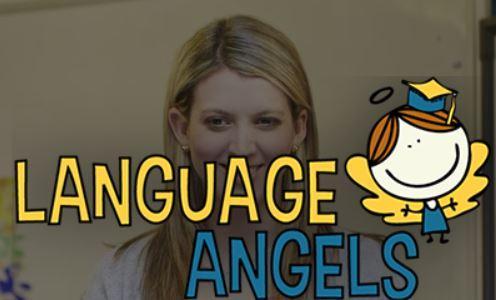French
French at Elms Farm
Welcome to MFL at Elms Farm Community Primary School!
My name is Mrs. Ruddock and I lead French in Key Stage Two.
I love speaking and learning French at school as I find it so fun to learn about the culture and language of another country. When I am walking down the corridors in school lots of children will stop to ask me "Ça va?" I always answer 'Ça va bien, merci!"
At Elmsfarm, we deliver a vibrant and engaging French curriculum to all pupils in Key Stage 2 using the Language Angels scheme. This thematic and progressive programme supports children in developing the four key language skills—listening, speaking, reading, and writing—through interactive, age-appropriate lessons.
The Language Angels curriculum is designed to build a solid foundation for future language learning and real-world communication. It includes native speaker pronunciation support for both teachers and pupils, ensuring accurate and confident speaking from the start. Research shows that pronunciation instruction significantly enhances communication skills and boosts learner confidence (Darcy, 2018).
Our lessons are fun and interactive, using songs, games, and role-play to make learning memorable. We also incorporate French songs and greetings into assemblies, which research has shown to improve vocabulary retention, pronunciation, and motivation (Hamilton et al., 2024; Aguirre et al., 2016).
The thematic approach helps children make meaningful connections between language and context, which enhances engagement and long-term retention (Johnson, 2021; Moyer, 2016). This method also supports multimodal learning, catering to different learning styles and reinforcing vocabulary and grammar through repetition and context (Stell, 2025).
Learning French at a young age has been shown to improve cognitive flexibility, cultural awareness, and future language acquisition. It also supports literacy development in both the first and second languages (Murphy et al., 2015; McDonald, 2019).
There are currently twelve strands to the National Curriculum about languages:
Pupils should be taught to:
- Listen attentively to spoken language and show understanding by joining in and responding
- Explore the patterns and sounds of language through songs and rhymes and link the spelling, sound and meaning of words
- Engage in conversations; ask and answer questions; express opinions and respond to those of others; seek clarification and help
- Speak in sentences, using familiar vocabulary, phrases and basic language structures
- Develop accurate pronunciation and intonation so that others understand when they are reading aloud or using familiar words and phrases
- Present ideas and information orally to a range of audiences
- Read carefully and show understanding of words, phrases and simple writing
- Appreciate stories, songs, poems and rhymes in the language
- Broaden their vocabulary and develop their ability to understand new words that are introduced into familiar written material, including through using a dictionary
- Write phrases from memory, and adapt these to create new sentences, to express ideas clearly
- Describe people, places, things and actions orally* and in writing Languages – key stage 2 3
- Understand basic grammar appropriate to the language being studied, including (where relevant): feminine, masculine and neuter forms and the conjugation of high-frequency verbs; key features and patterns of the language; how to apply these, for instance, to build sentences; and how these differ from or are similar to English.

Students can also access Duolingo for Schools at home.
TP MFL: French






